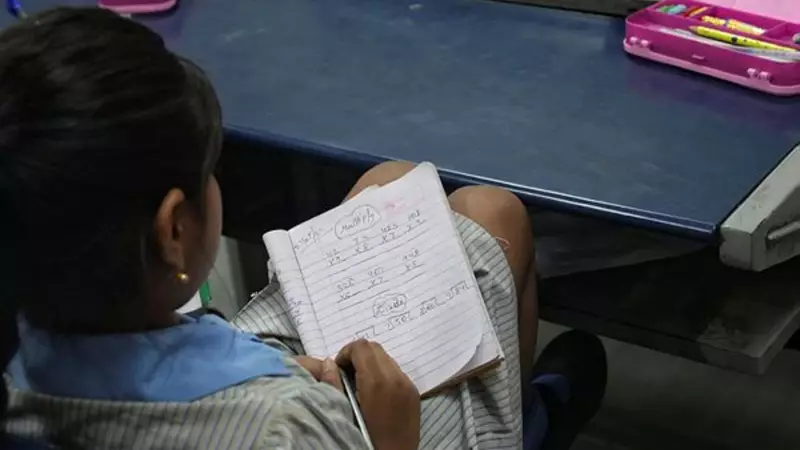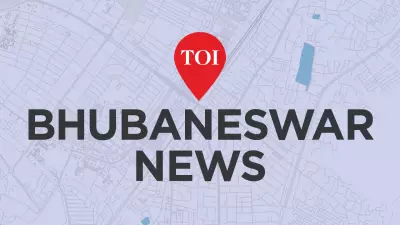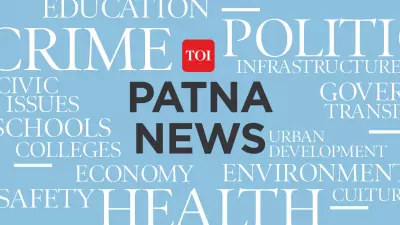
The Delhi government is embarking on a groundbreaking, tech-driven mission to comprehensively assess and upgrade the infrastructure and safety standards of its vast network of government schools. This ambitious project will see the creation of detailed digital profiles for more than 1,000 schools, marking a significant step towards modernizing educational facilities in the capital.
High-Tech Assessment for Modern Classrooms
According to an official document, the initiative aims to build digital profiles for 1,086 government schools operating from 799 building premises across Delhi. The project will leverage advanced technological tools, including drone surveys, high-resolution imaging, and 360-degree room documentation, to capture a complete picture of the existing infrastructure. This data will be uploaded in real-time to a specialized web-based application.
The goal is to create a centralized, comprehensive digital inventory of every asset, from classrooms and toilets to furniture and lab equipment. Each asset will be systematically categorized based on its condition, with tags such as good, minor repair, major repair, or replacement needed. This meticulous approach will allow the education department to identify gaps with precision and prioritize repairs effectively.
Ensuring Structural Safety and Stability
A critical component of this massive exercise is the rigorous assessment of the structural stability and safety of all school buildings. The selected agency will conduct thorough inspections, which will include visual checks and sophisticated non-destructive tests like the rebound hammer and ultrasonic pulse velocity tests. These assessments will be supervised by qualified structural engineers to ensure accuracy and reliability.
For buildings identified as structurally weak or in need of major repair, the reports will be sent for vetting to reputed technical institutions like IITs or NITs. Based on the expert findings, the agency will recommend specific corrective actions, which could range from waterproofing and retrofitting to, in extreme cases, demolition and reconstruction. This process is designed to ensure that every school provides a safe and resilient environment for students.
A Data-Driven Future for School Infrastructure
The web-based application at the heart of this project is equipped with powerful features like GPS tagging, role-based access control, and customized report generation. It will automatically analyze the collected data against the standards set by bodies like the Central Board of Secondary Education (CBSE) and the National Disaster Management Authority (NDMA), instantly highlighting deficiencies.
Officials state that this first-of-its-kind project will empower the government to plan long-term improvements in a data-driven manner. Having all infrastructure information in one place will facilitate better planning, enable timely maintenance, and ultimately lead to the creation of safer and more conducive learning spaces for the students of Delhi, setting a new benchmark for public school administration in India.





